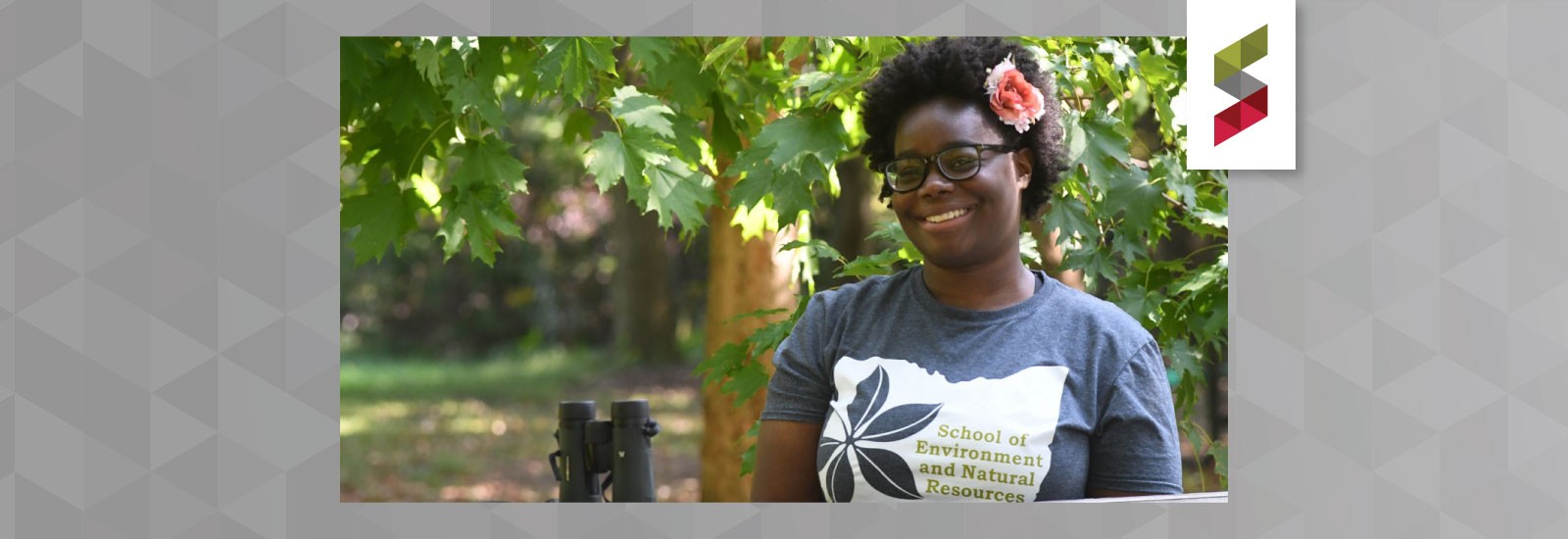In some ways, Nicole Jackson does not fit the stereotype of a bird watcher. She is a millennial and she is African American.
She knows there are many, many more African Americans, who, like her, are youngish and thrive on birding or just being outdoors. And she wants to change any perception that people of color aren’t interested in the outdoors, as well as the reality that they don’t always feel welcomed there.
But can’t we all go to parks? Yes and no, Jackson said. No one is banned from walking into a public park. However, not everyone lives by a park or a natural area, nor does everyone have the time or the means of getting to one. Some of the obstacles to getting to parks are perceived (Do I need expensive gear to hike?). Some are not.
African Americans haven’t always felt safe or welcomed in parks, Jackson said. Though the Jim Crow laws that kept Blacks out of certain parks in the southern United States ended in the mid-1960s— about 60 years ago— there are still reminders, sometimes subtle, sometimes blatant, of why people of color might, at times, feel uncomfortable in parks.
On Memorial Day, a white woman walking her dog off-leash in New York’s Central Park was involved in a confrontation with an African American birdwatcher. He asked her to leash her dog, which is the park’s rule. She didn’t. While he videotaped her, she told the man she was going to call the police and say that “an African American man” had threatened her life. Then she dialed 911.
“There was a time when I didn’t think I belonged in outdoor spaces,” Jackson said.
Growing up, whenever she visited parks, she was among mostly white people.
She has experienced uncomfortable looks and questions (Are you from here? Are you lost?). On social media, she has heard of more overt signs of racism against African Americans in the outdoors, she said.
“This type of incident was something I was all too familiar with.”
Within days of the Central Park conflict, and in response to it, Jackson helped organize and promote the first Black Birders Week. It became a national social media campaign to increase the visibility of Black birders and Black nature enthusiasts. From May 31 to June 6, people of color posted outdoor pictures and videos of birds and other intriguing finds in the wild.
